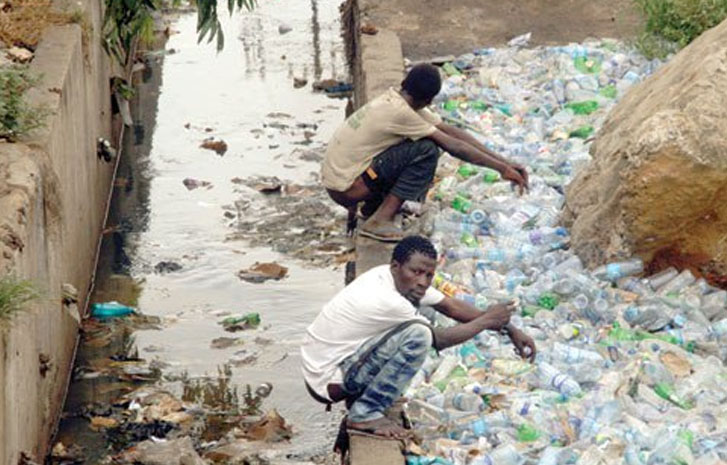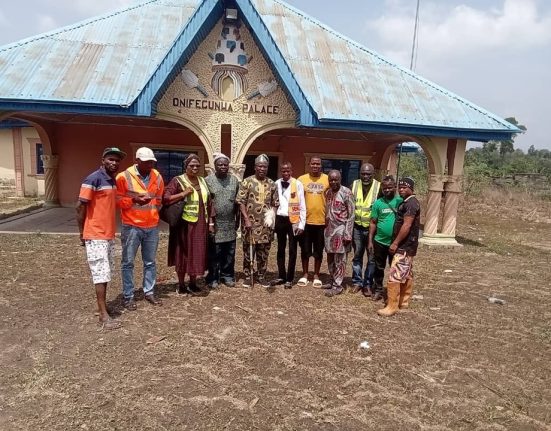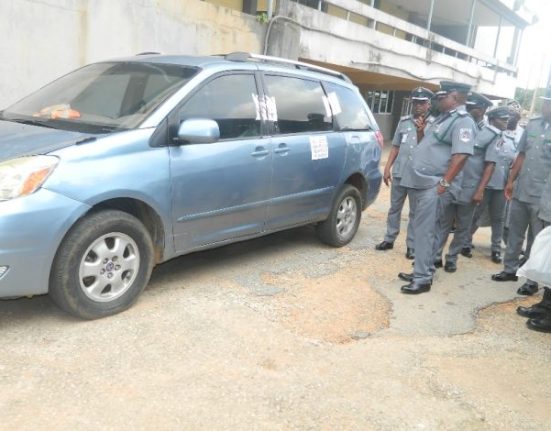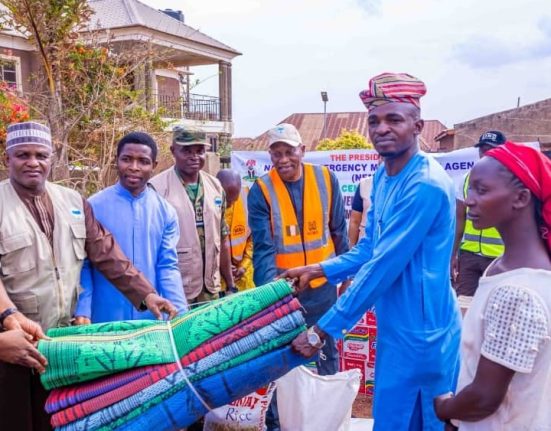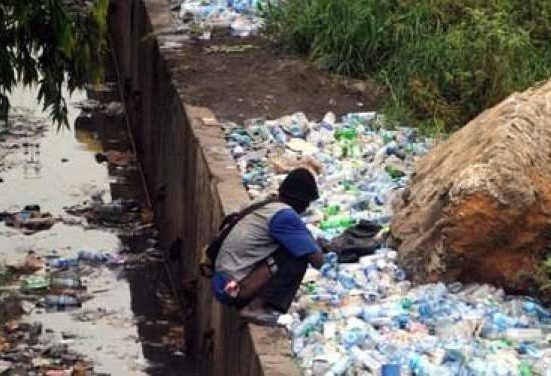The town of Owena Ijesa in Osun State is facing a dire public health crisis, with open defecation and refuse dumps contributing to a growing environmental hazard. The contaminated Owena River, which serves as the main source of drinking water and for other domestic purposes, exacerbates the situation, putting the entire community at risk of a potential epidemic. Local residents and health experts are sounding the alarm as the area remains vulnerable to the resurgence of preventable diseases.
Community spokesperson Lawal expressed grave concern over the deteriorating sanitation conditions in the town, noting the alarming dependence on the polluted river and the absence of adequate sanitation infrastructure. Lawal revealed that, in Sago and Kwara areas—two of the worst-hit locations during the previous cholera outbreak—only a small fraction of homes are equipped with proper toilets. “Out of over 300 homes, only three have functional toilets. In the area around the Community Grammar School, of the 52 buildings, only four possess modern toilets,” he said. The situation is similarly dire in nearby neighborhoods such as Oke Ikirun and Oke Iree. Lawal pointed out that in Oke Ikirun, over 40 homes out of 100 lack toilets, while in Oke Iree, 15 out of 60 buildings are also without proper sanitation.
The growing number of refuse dumps in the community has worsened the sanitation crisis, with these dumpsites now being used for both waste disposal and defecation. “These dumpsites have unfortunately become dual-purpose,” Lawal lamented. The lack of functional toilets has pushed residents to resort to this unsanitary practice, further increasing the likelihood of an outbreak of waterborne diseases.
The public healthcare system in Owena also suffers from severe neglect, adding to the urgency of the situation. The only public health facility in the town, a maternity center, is in a deplorable state. The facility’s poor condition was evident during a visit by our correspondent, who observed the unkempt premises and lack of basic infrastructure, including fencing. The health center is dangerously close to a growing refuse heap that fills the air with a nauseating stench. Despite these challenges, the center, which is staffed by just four overworked personnel, handles an average of 10 births per week. However, it lacks basic amenities such as consistent electricity, and staff members are forced to fetch water from a neighboring building. With no staff quarters, some workers are forced to sleep within the facility in makeshift rooms.
Adding to the growing crisis, Owena’s lack of environmental health officers has left the community without the proper enforcement of sanitation regulations. Lawal further disclosed that the few officers who had visited the area in the past were more focused on collecting bribes than addressing the root causes of the town’s environmental problems. This lack of oversight has only intensified the community’s public health risks.
Despite being strategically located near major cities in the South-West, including Akure, Ilesa, and Ikeji Arakeji, Owena remains underdeveloped. Chief Oyejide Fawole, the President of the Owena Ijesa Progressive Union, voiced his frustration over the town’s continued neglect by both state and federal governments. “We are densely populated, yet we remain lumped together with less-populated communities. Since the days of Bola Ige in 1980, no governor has set foot in this town,” he stated. Fawole added that the town’s few infrastructures, such as the secondary school and police station, were built by the community itself, not the government. He called for urgent intervention, saying the town’s residents—many of whom are hardworking farmers and traders—deserve better. “We are appealing to both the federal and state governments for help. We are suffering here. We deserve a proper health center, not just a maternity center. People are dying because we lack the necessary healthcare infrastructure.”
Fawole also highlighted the disproportionate allocation of resources, noting that Owena’s large population is grouped under a ward with fewer residents, leaving the community further deprived of attention from government authorities. “We are living in this town without receiving the benefits of government support. They only come around during election periods, and after that, we never hear from them again,” he said.

